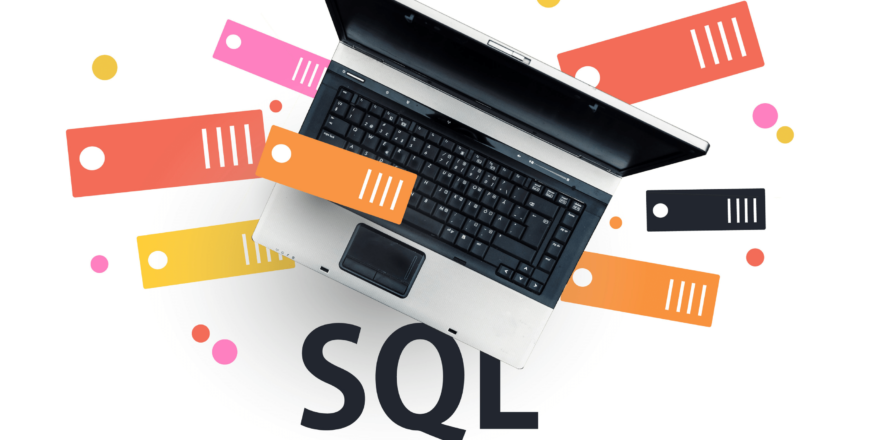SQL

SQL stands for Structured Query Language. SQL is used to communicate with the Database in Relational Database Management system. Using SQL the user can make updates to the Database, retrieve desired information from the Database and also manipulate and organize data in the Database.
Why should you learn this course?
- SQL is used to extract data from large data sets in programming languages.
- For enthusiasts aspiring to make a career in Data Science and Data Analytics the most important skill to be acquired is – SQL.
- SQL is still one of the most famous languages. It is used in almost all the data related jobs.
- Due to the ever-increasing technologies and all the workflow shifting towards digital work, the demand for SQL is rising more and more to handle huge amounts of structured data.
- SQL supports almost all the data -oriented technologies.
Basic Concepts of SQL
Filtering
Functions
Sub queries
Table Operations
Transactions
SQL (Structured Query Language) is a domain-specific language used for managing and manipulating relational databases. It is essential in handling data, querying databases, and ensuring efficient data management in various applications and systems.
SQL certification validates your expertise in database management and querying. It enhances your employability by showcasing your skills to potential employers. Many organizations rely on SQL databases, making SQL certification a valuable asset in the tech industry.
While some courses may not have strict prerequisites, a basic understanding of databases and familiarity with general computer concepts is beneficial. A foundational knowledge of relational databases can also be helpful.
SQL certifications open doors to various roles, including database administrator, SQL developer, data analyst, and business intelligence analyst. These roles are in demand across industries, ranging from finance and healthcare to e-commerce and technology.
While a SQL certification demonstrates your theoretical knowledge, gaining practical experience is highly beneficial. Consider applying your skills through internships, projects, or contributing to open-source databases to enhance your real-world application of SQL.
The choice of SQL certification depends on your career goals and the specific skills you want to acquire. Common certifications include Microsoft's SQL Server certifications, Oracle's MySQL certifications, and the ANSI/ISO standard SQL certifications. Research and choose one that aligns with your career aspirations.



